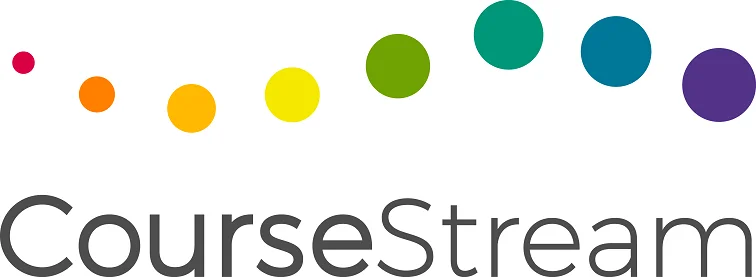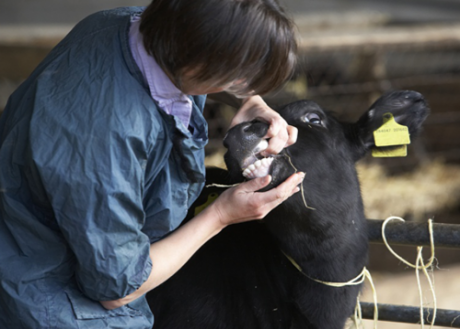Why Study this Diagnosing Animal Diseases Course?
Do you want to understand how animals diseases are diagnosed or how you can improve your animal disease diagnosing skills? Think no more, this course is made for you! This online diagnosing animal diseases course will teach you how diagnostic tests are performed, the characteristics of viral diseases, bacteria and fungal diseases that affect animals, and the parasitological, metabolic, nutritional, inherited and other conditions and disorders that affect animals.
Understand how vet’s identify animal diseases
- Recognise problems before they become serious.
- 100 hour self paced course.
- Study at home.
- Taught and written by experts in the field..
This course will teach you how vet’s identify animal diseases, this is very useful for anyone working with animals to help you identify illness in a timely manner, understand test results and much more. Routine disease investigations are based on clinical, pathological and epidemiological evidence. If there is a need for conclusive identification of a disease or condition, an accurate laboratory diagnosis should be obtained. It is particularly important, especially in the case of infectious diseases that the final diagnosis rests on adequate assessment.
Course Outline
There are 10 lessons in this course:
- How Animal Diseases are Diagnosed –
- How veterinary professionals conduct clinical examinations
- gross and clinical pathology
- information to collect and how to collect it (live animal and necropsy samples), specialist support services to assist in diagnosis (i.e. types of laboratories, specialist vets etc)
- Diagnostic Testing –
- Pathways followed to detect and diagnose different types of diseases
- information to be supplied with samples for diagnostic testing
- diagnostic techniques
- Viral Diseases –
- Characteristics of viruses and the significance of a range of viral diseases that affect animals
- viral taxonomy
- types and structure of viruses
- virus replication cycle
- transmission
- some common viral conditions
- Bacteria and Fungal Diseases –
- characteristics of bacterial and fungal organisms.
- laboratory identification
- controlling infections, specimen collection
- important disease conditions
- Parasitological Conditions –
- Discuss and differentiate a range of conditions that are caused by parasites. Terminology and classification
- life cycles
- protozoa
- helminths
- arthropods.
- Metabolic and Nutritional Conditions – Lesson covers a range of common metabolic conditions affecting cattle, horses, pigs, sheep/goats, cats and dogs
- Poisoning – Discuss and differentiate some common disorders that result from poisoning or toxins.
- Cardio-respiratory
- Central Nervous System (CNS)
- dermatological, gastrointestinal
- hepatological
- haematological disorders
- Inherited Conditions (Genetic Disorders) –
- Discuss types of genetic inheritance, and give examples of genetic diseases affecting horses, dogs, and cats.
- Other Conditions and Disorders –
- Identify and discuss miscellaneous conditions such as allergies, dehydration, and age related conditions
- Research Project -In this project you will evaluate symptoms of ill-health or disease displayed by a set of animals, and go through the process of identifying the problem and deciding on a course of treatment
Enrol Now
- Experienced Tutor support
- Certificate sent to you
- Online study (Printed notes available)
- Self paced - no set timetable
- 12 months to complete course
From: $35.00 / week for 19 weeks
Get a Free Info Pack!











